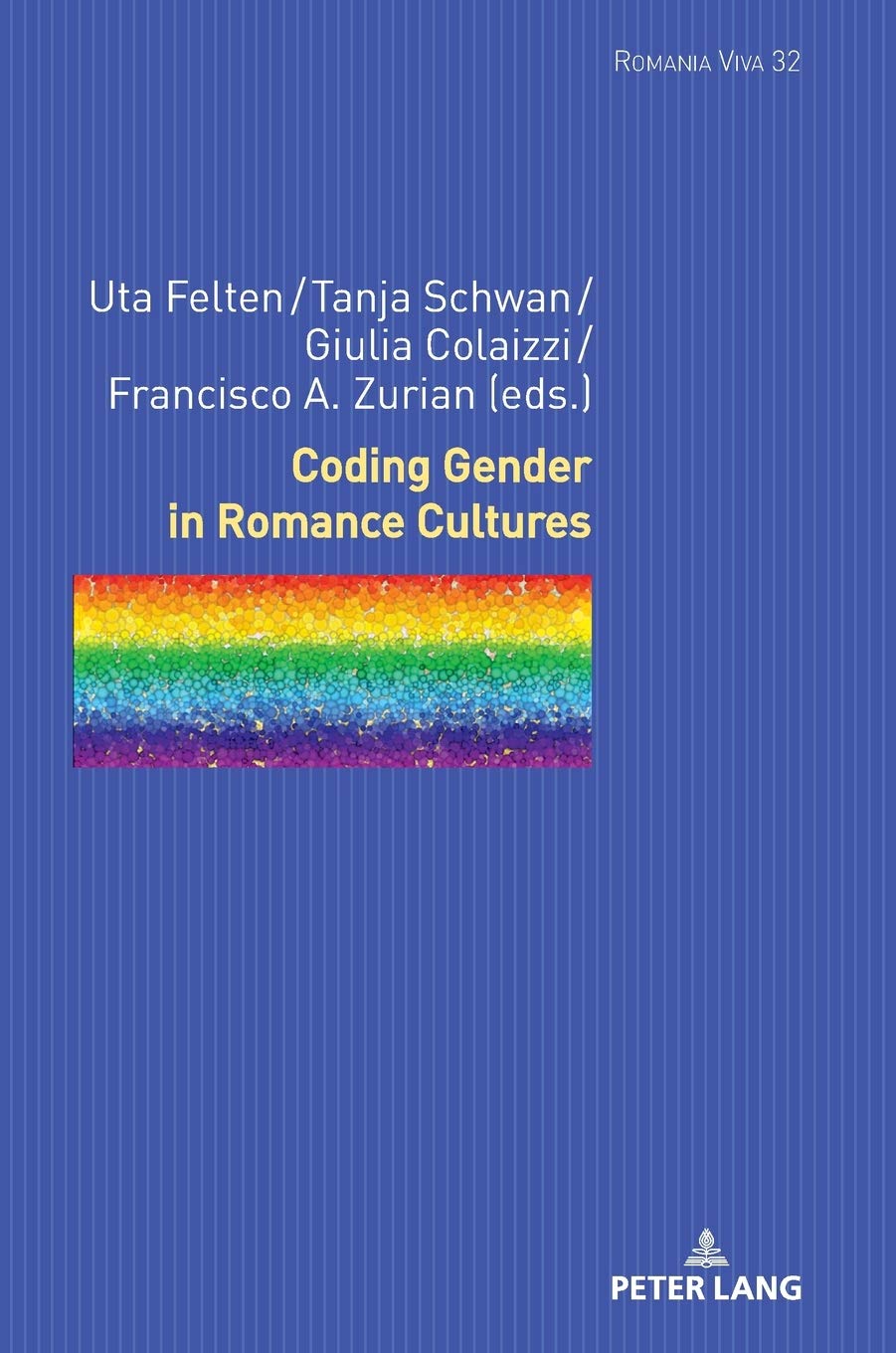

Most ebook files are in PDF format, so you can easily read them using various software such as Foxit Reader or directly on the Google Chrome browser.
Some ebook files are released by publishers in other formats such as .awz, .mobi, .epub, .fb2, etc. You may need to install specific software to read these formats on mobile/PC, such as Calibre.
Please read the tutorial at this link: https://ebookbell.com/faq
We offer FREE conversion to the popular formats you request; however, this may take some time. Therefore, right after payment, please email us, and we will try to provide the service as quickly as possible.
For some exceptional file formats or broken links (if any), please refrain from opening any disputes. Instead, email us first, and we will try to assist within a maximum of 6 hours.
EbookBell Team

5.0
68 reviewsThe book reunites transdisciplinary studies investigating the questions of construction and deconstruction of gender in filmic, literary, and television Romance cultures by referring to a corpus that stretches from plays of travesty in 18th century opera to non-normative masculinities in recent television series.
One of this book’s main objectives consists in inviting its readers to follow the traces of a transmedial and transnational historiography of media that offers figures of nomadic thinking in order to escape the binary concepts of normative biopolitics and offer instead alternative cartographies of gender and desire.